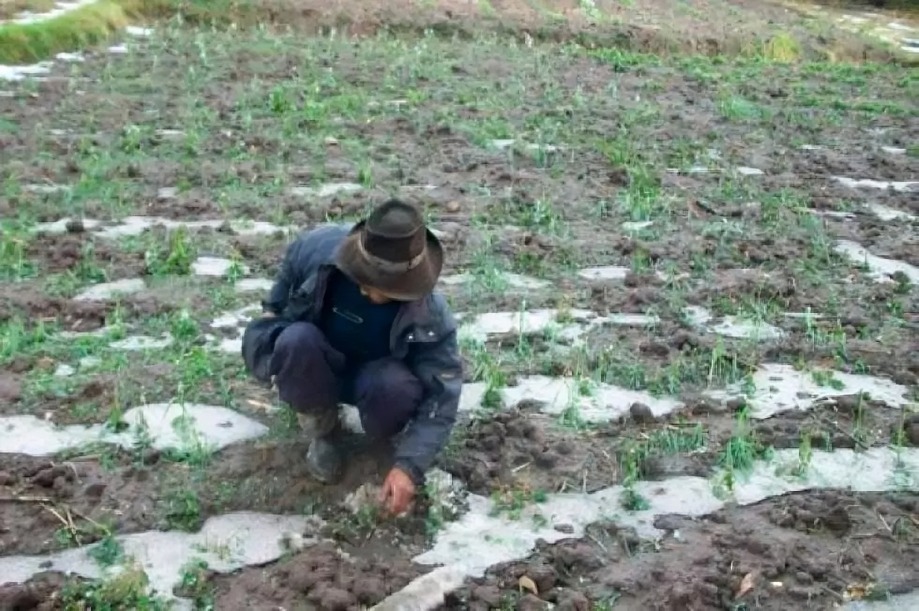The CIP Genebank initiated in vitro cultures more than 40 years ago and has extensive expertise in developing and assaying tissue culture technologies for these crops. In vitro cultures are initiated from and maintained sterily as identical replicates (clones of plantlets) of the original mother plant. They are routinely transferred to maintain optimal viability and to ensure that phytosanitary clean germplasm is available for immediate distribution and use. These in vitro accessions are the primary source of germplasm for characterization, genetic identity, DNA extractions, pathogen elimination, cryopreservation, safety back-up, and distribution to breeders, farmers, and researchers within CIP and worldwide.
The in vitro conservation methods developed by CIP’s genebank use treatments for reducing plantlet growth, such as osmotic stress and low temperature for storage to keep viable plantlets in a medium-term-storage (MTS) period where transferring is not needed as often. CIP’s potato method is quite efficient, by using low temperature (6-8°C) and culture medium containing sorbitol as an osmotic agent, the need for fresh transferring is prolonged from once every 6-8 weeks to two years. This is currently the most robust method for conserving potato collections and is used by most potato genebanks worldwide. A similar method is applied to the other tuber crops; however, the germplasm may not tolerate such low temperatures or has a shorter tolerance for lower temperatures and thus must be regenerated more frequently. MTS is 1 year in oca, 1.5 year in ulluco and mashua. The sweetpotato method includes incubation at 19-21°C with a MTS period averaging one year. The other root collections (yacon, arracacha, and achira) are conserved by shorter-term methods with renewals occurring every 4-8 months. Research is required for developing improved MTS methods for all crops. In vitro cultures require subculturing onto fresh media when plantlet viability declines. Plantlets are sub-cultured by isolating and transferring healthy shoots onto fresh media for re-growing (see protocols for in vitro conservation of potato, sweetpotato and ARTCs). CIP’s In vitro genebank is constantly evolving and improving.
All materials in the CIP Genebank are designated under the International Treaty for Plant Genetic Resources for Food and Agriculture (ITPGRFA) and therefore are subject to the terms and conditions set of the Standard Material Transfer Agreement (SMTA) for distribution and use.







